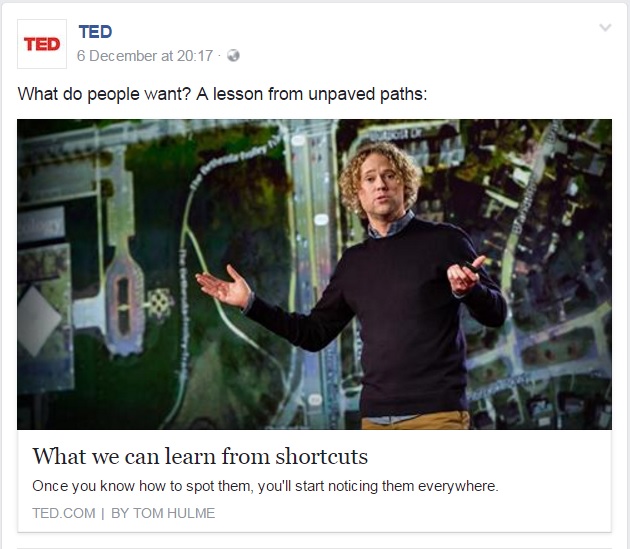What is reality?
Reality of a living being very much depends on itself, what it can perceive through its sense organs, what its past experience or memory is, chemical state of its brain (if it has one), etc. But does this subjective nature of reality exclude the possibility of an absolute reality, an objective one?
Let’s examine the example of visual perception. There are species of animals which do not have eyes. So they don’t ‘see’ the world at all, or at least not in the way we see it. Dogs can’t see all the colors that humans can see. So the world that a dog sees is quite different from (‘lesser’ than) what we see. Now about our own vision – do we ‘see’ the whole world as it is? We can see only the ‘visible’ spectrum of electromagnetic (EM) waves, with our naked eyes. Then we developed tools that can detect (‘see’) other wavelengths of EM waves and realized that there is a wide range of EM waves other than visible light. That made us aware of a bigger reality – a reality that is a bit closer to, can we call it, the absolute/objective reality.
So, it looks like, there do exist an objective reality, even though what we can perceive of it is limited by ourselves. But does that mean all subjective experiences should be ignored, if not backed by ‘objective proof’?
So, Let’s look at our capacity to create inferences or meaning out of the data we receive. Checkout the conditions called apophenia and randomania. It turns out that our ability to make meaning or find patterns in the data we receive through our sense organs depends on the quantity of chemicals like dopamine in our brain. So, the altered reality of someone having the condition of apophenia (or schizophrenia) is subjective, only as long as the chemical alteration is limited to that individual’s brain. If all humans had this altered chemical state instead of the current prevailing one, human society will reach the consensus of this altered reality instead of the currently prevailing one. So, far from being aware of that absolute objective reality, are we stumbling around the public consensus that is depended on the chemical state of our brains in general?
Now, let me tell you a personal experience I had that some of you will be able to relate to from your own experiences:
As a kid, at times, when I have a question in mind, which does not have a direct answer, which is not an already solved question, which i have to think through on my own and reach at a conclusion, I used to do this, if i have any book at the reach of my hand: I will just take the book, think that I will find an answer to the question, that is troubling me, on the page that i randomly open. I do not recollect how often i had any kind of success. And as I grew up, I lost that habit, probably because of the scientific temper that i developed over time.
Some time back, during my evening walk, I found myself asking this question: ‘What do I want?’. I have been thinking about this question for some time now, every once in a while. Then as a memory from long past, I thought I will find an answer to this question in one of the posts on my Facebook news feed, that i would open on my mobile phone. And when I opened Facebook app, I saw this on my news feed:

Is this just a coincidence? I know I will look silly if i were to suggest something like a reversal of causal nature of unfolding of events. Another thing is that this talk has nothing much to do with the question I had in my mind, apart from the comment with which the video was posted in Facebook. But it does talk about reversal of otherwise normal sequence of design of pavements and their use by pedestrians afterwards. (Ted talk on shortcuts).
These last thoughts are simple examples of experiences that do not conform to the accepted consensus of scientific reality. At a more sane level, think about how your perception of reality was formed. What formed the collective reality of the society you live in? What were its common experiences and learnings? Ask questions like, did all of you go to similar schools and read similar stories? What were them and how they shaped your reality?
